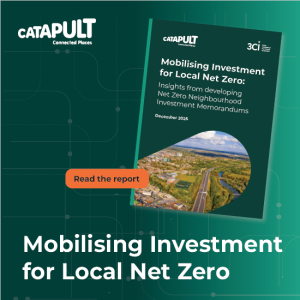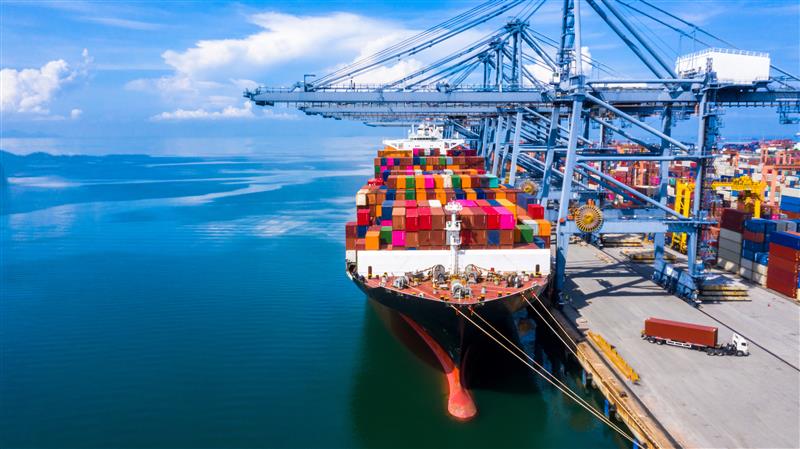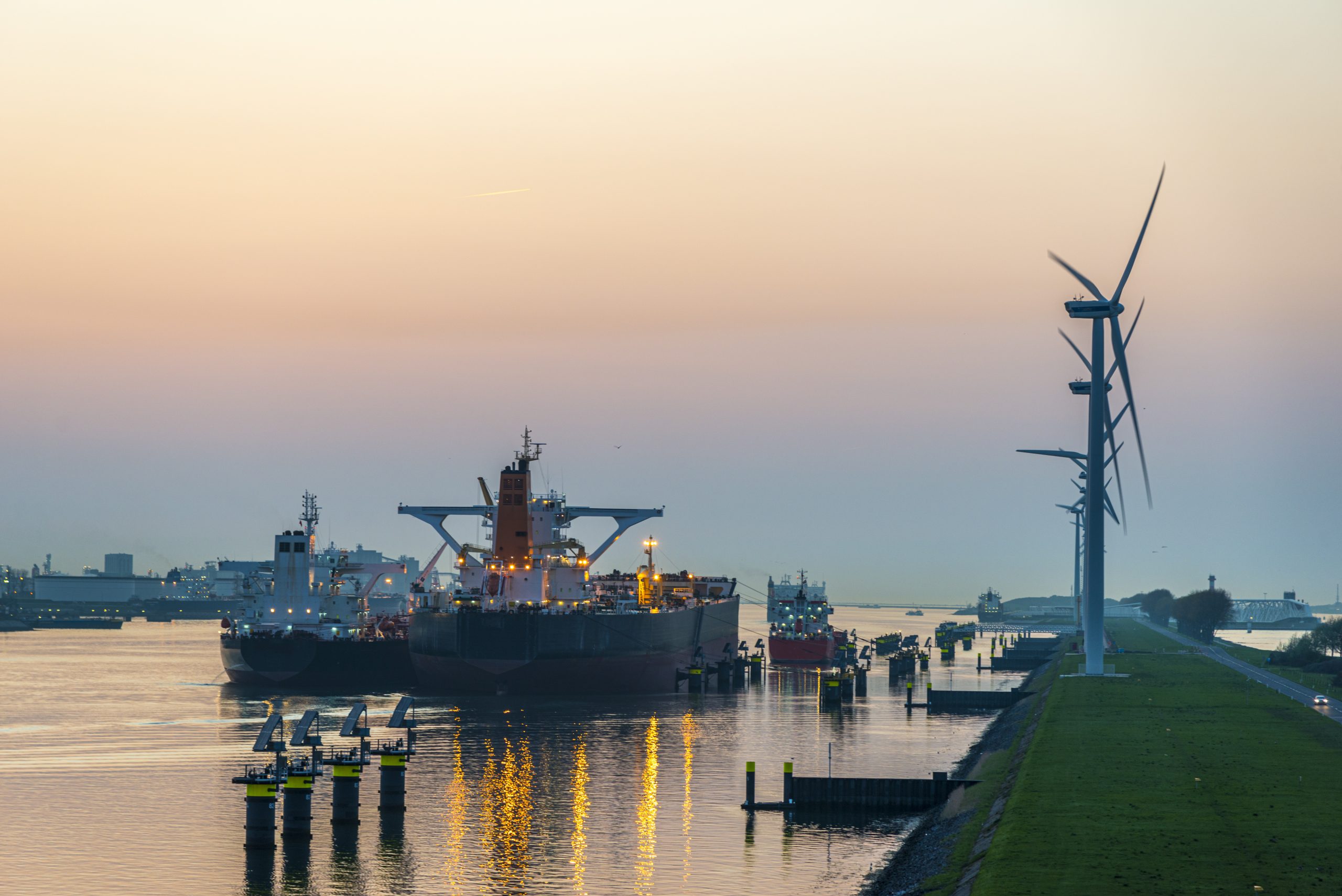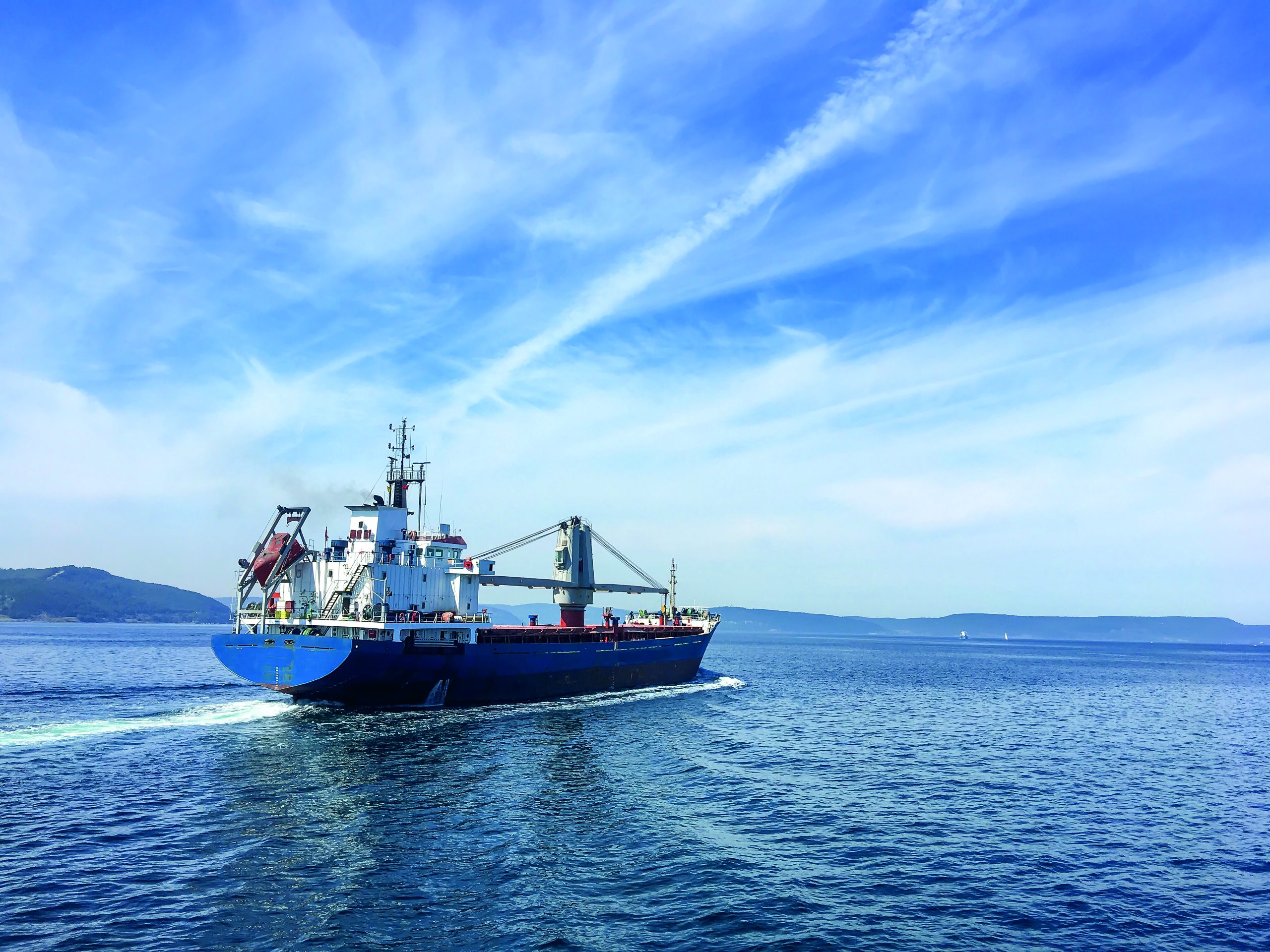Mobilising Investment for Local Net Zero: Insights from developing Net Zero Neighbourhood Investment Memorandums
File type: pdf
File size: 74.13Mb

As part of their mission to catalyse investment into net zero, 3Ci worked with local authorities to identify a diverse range of prospective Net Zero Neighbourhoods and subsequently published them in our Net Zero Neighbourhood prospectus. The next step was to translate these opportunities into propositions that could attract real investment.
Acting on a recommendation from 3Ci’s Investor Task Force to produce investor-focused documentation, 3Ci with support from KPMG as our professional advisors developed detailed Investment Memorandums (IMs) in collaboration with Hounslow Council and Glasgow City Council. Barclays contributed feedback to 3Ci to help align the work with likely investor expectations.
This report, produced by Connected Places Catapult and 3Ci, demonstrates that place-based Net Zero Neighbourhoods, supported by targeted government funding and robust investment models, can unlock private capital and accelerate large-scale retrofit across the UK.

Mobilising Investment for Local Net Zero: Insights from developing Net Zero Neighbourhood Investment Memorandums
File type: pdf
File size: 74.13Mb

London International Shipping Week is one of the biggest global maritime events in the calendar.
Connected Places Catapult is delighted to be an active partner of the event, celebrating our contribution to accelerating innovation in the UK’s Maritime sector.
Find out more below on the events we’re taking part in, plus some of our recent reports on coastal shipping, future fuels and more.
Meeting in London on 16 September, this gathering will bring together industry leaders, experts, and innovators to discuss the importance of resilience in the maritime sector.
We’ll be discussing key topics, including the impact of GNSS interference on maritime operations, and how robust global data standards form the backbone of safe, sustainable and resilient maritime operations, as well as delving into challenges related to autonomous vessels.
Richard Holland, Head of Maritime at Connected Places Catapult, will be presenting as Maritime Forum vice-chair.
We’ll hear also hear from Royal Institute of Navigation, ITS Norway, Peel Ports, and Zulu Associates, with more to be confirmed soon.
Maritime Innovation Day 2025 is an Innovate UK flagship event to showcase the Department for Transport’s pioneering environmental work in the maritime sector.
This year, Connected Places Catapult’s Head of Maritime Mark Wray will be speaking on the Maritime Investment panel.
We are also delighted to be exhibiting at the event, so please do stop by our stand to discuss the future of maritime innovation with us.

Connected Places Catapult has created an interactive blueprint which aims to accelerate the transition to future fuel adoption by producing a pathway to 2050 for UK ports and harbours.

This report explores how shifting more goods to coastal shipping can relieve pressure on road networks, reduce emissions, and support regional economic growth.

The UK Government made a pledge in the Clydebank Declaration at COP26 to establish six green shipping corridors by 2026. This report describes in detail a pathway to deliver, what could be the first in the UK, between Liverpool and Belfast.

The National Shipbuilding Office’s Centres of Excellence Task and Finish Group has launched a Centres of Excellence (CoE) Playbook, developed in collaboration with Connected Places Catapult.

Heavy Goods Vehicles (HGVs) are vital to industry and represent the backbone of trade and commerce worldwide. They are responsible for ensuring we have access to food, medicines, and goods of all kinds.
Almost 90% of domestic goods transported in the UK in 2022 were moved by road – the vast majority of which by HGVs. These vehicles currently produce approximately 19% of all UK domestic transport greenhouse gas emissions. By 2050, this must be reduced to zero, in line with the UK Government’s Net Zero Strategy.
Connected Places Catapult is supporting Innovate UK and the Department for Transport with the Zero-Emission HGV & Infrastructure Demonstrator programme, which represents a public investment of up to £200 million, match-funded by industry. The programme is deploying the first large (40+ tonne) zero-emission HGVs in significant numbers, together with supporting infrastructure, which will enable freight operators to determine the suitability of the new technology for their operations. Public-facing battery-electric charging stations and hydrogen refuelling stations will enable HGVs to go beyond ‘back to base’ operations.
Together with the British Standards Institution (BSI), Connected Places Catapult is supporting partners involved in the Innovate UK-funded demonstrations, and stakeholders in the wider zero-emission HGV ecosystem.
Learn more in our new reports:

Zero Emission HGVs Safety and Security
File type: pdf
File size: 57.77Mb

Zero Emission HGVs and Infrastructure: Infrastructure Planning and Delivery
File type: pdf
File size: 94.64Mb
In the coming weeks, we will publish the remaining reports, including:
To be notified as soon as these reports are available, please complete this form.
Standards are crucial in ensuring zero-emission HGVs can roll out in an efficient and safe manner, with interoperability embedded from the start, and to create a market that delivers on required outcomes. Through the standards work, in partnership with BSI, we have formed a Standards Advisory Group for zero-emission road freight that will provide the decision making and governance for the standards development work. Three ‘flex’ standards, which are well suited to fast-moving areas of innovation, are currently being developed.
Further to the publication of the Zero Emission HGVs and Infrastructure Standards Prioritization Report, we’re pleased to announce that the following standards have been released as part of our project:
BSI Flex 2071 offers recommendations on how to design charging sites for battery electric HGVs, including safety considerations and optimal layouts.
Specification for operating workshops, inspection, and maintenance of battery electric and hydrogen-fuelled heavy-duty vehicles.
Design recommendations and implementation of mobile and static hydrogen refuelling sites – Code of practice.
Further background on our standards work can be viewed here.
If you’d like to find out more, please email us at zeroemissionroadfreight@cp.catapult.org.uk.
Complete this form to be notified when new reports are available.

We’re delighted to partner with the UK’s Real Estate Investment and Infrastructure Forum (UKREiiF) in Leeds, a forum dedicated to unlocking investment and driving regeneration and development across the UK to accelerate economic growth.
This year’s event promises to attract over 16,000 delegates, over 2,500 fringe event attendees, 1,250 speakers and 150 exhibitors from the built environment representing every core UK city and region.
Connected Places Catapult will have its own Pavilion – a dedicated platform for partners and stakeholders from UK cities, regions and freeports to network, collaborate and discuss pressing challenges and solutions in the built environment, transport, data and digital, and international partnerships.




Meet us in Pavilion Square to collaborate, discuss and extend your network.

To find out how to arrange a business meeting with us, join the discussion in the pavilion or collaborate on projects contact us at events@cp.catapult.org.uk
Last year we attracted over 1,300 visitors and 50 speakers. View 2026 pavilion’s programme:
Kick-start your visit to the Forum by learning how we help grow the UK economy by driving the commercialisation of emerging innovations and next technologies in transport and the built environment in our towns and cities.
Hear about how UK cities and place leaders understand the role of innovation – and high-quality, purposeful innovation spaces – in driving economic growth, attracting talent, and supporting sustainable development across different regional contexts.
As UK places look to the exploitation of urban challenges as drivers for local growth and innovation, carefully crafted international partnerships have the potential to derive greater impact in response to common ambitions. The Innovation Twins programme participants, Birmingham and Swansea Bay, will share their insights from different points in their collaboration journey.
Join us for a panel discussion on how innovation in the public realm can drive economic growth, improve community health and well-being, and support sustainability in real estate development.
This session will look at the growing use of digital twins in regeneration to drive economic growth in the West Midlands.
This session will explore how Innovation Districts are reshaping urban economies and driving sustainable inclusive growth through strategic clustering of research institutions, enterprise, startups, and talent. Our expert panelists will examine successful Innovation District models, how to measure their impact on local economies, and the essential elements for driving the innovation economy.
Despite the public sector spending over £400Bn on procurement in the public sector, we still have significant challenges in the built environment around affordable housing, Net Zero, creating liveable places, economic growth and much more. This panel will discuss the opportunities, challenges and recommendations on how public and private collaboration can help create new value.
Hear how the UK Freeports are leading the charge on Place Based Growth, by attracting investment into parts of the country that have historically missed out. Freeports are becoming hotbeds of innovation and building new clusters in sectors of the future, creating thousands of long-term, high quality jobs for local people, join the conversation.
Local Authorities in the UK have set ambitious Net Zero targets that require sector-wide collaboration to achieve. However, there’s still a conflict between the demand for Net Zero funding into the public sector and private investors’ risk appetite. This session explores the perspective of investors on the appeal of place-based investing, the risks it can carry and how financial institutions can overcome these risks to enable Net Zero funding at scale.
This session will explore the approaches taken by Belfast and Liverpool to drive growth through innovation and will also consider two city regions roles as major places within the Irish Sea Rim with its rich assets and talent pool.
Explore how trusted standards support credible, consistent net zero strategies in infrastructure—enabling whole-life carbon management, aligning global efforts, and empowering collaboration across the value chain to drive meaningful climate action.
Attend this session to gain practical insights into using trusted standards like PAS 2080 and the ISO Net Zero Guidelines to embed decarbonisation across infrastructure projects, align with climate targets, and future-proof your strategy.

Join us to hear from leading voices from organisations at the forefront of shaping the next chapter of digital planning in the UK. Our speakers will reflect on the successes and lessons learned from nearly a decade of digital transformation in the UK planning system, and look ahead to explore the emerging challenges and innovation opportunities in spatial planning.
We are delighted to partner with Historic England and Buttress Architects. Join the launch of Historic England’s first Heritage Investment Prospectus at UKREiiF 2025 in Leeds. Hear first-hand a curated collection of historic sites and buildings across England, many with planning permission or agreed development briefs with local authorities, which actively seeking partners or investors to help write their next chapter.


Meet place senior decision makers from investors, developers, occupiers and operators within commercial property. This is a closed event organised in our pavilion together with the UKREiiF team, express your interest to attend by contacting Kevin Smith at kevin.smith@ukreiif.com.
We know it’s the third day of UKREiiF and you may well be exhausted so we have got you! Join us light breakfast and connect with other members and those within the wider ecosystem. It will be informal but will give you the chance to catch up with all those working within or alongside Innovation Districts.
Please feel free to extend to colleagues, but please do get in touch with us at events@cp.catapult.org.uk so we know the number.

Following the launch of our recent The Art of the Possible report, this session explores why community-based finance matters, what the research reveals, and what needs to happen next to unlock local investment and drive economic growth.

Join City Science to explore the need to act quickly and efficiently to progress your net zero plans. With the need for meaningful outcomes with current budget constraints, how do we get to net zero at pace? How do we fast track local plans, economic strategies and infrastructure and create better communities? Join us to hear more.


The UK Government made a pledge in the Clydebank Declaration at COP26 to establish six green shipping corridors by 2026. This report describes in detail a pathway to deliver, what could be the first in the UK, between Liverpool and Belfast. This route is approximately 130 nautical miles and is one of the busiest routes in the Irish Sea, connecting the two major UK cities. A green shipping corridor is defined by the UK Shipping Office for Reducing Emissions (UKSHORE) as zero emission maritime routes between two or more ports, and are seen as vital for encouraging the development of vessel and shoreside technology in clean maritime.
Maritime, shipping and the movement of goods and people in the region via its ports is a major economic driver for both Liverpool and Belfast, contributing £5BN in economic activity. However this activity also attracts significant global greenhouse gas emissions and contributes to poor air quality locally. The UK is committed to see these emissions reduce and recognises that as an Island Nation, this represents a sizeable challenge and opportunity to transition to low or net zero emissions. This report is a summation of a lot of focused work by a large stakeholder group in examining options for decarbonising a route linking the Ports of Liverpool and Belfast, to demonstrate it is possible and establish a blueprint available for scaling to other routes, perhaps initially in the Irish Sea Region and then further afield.
This report captures what is needed to establish a green shipping corridor and identifies 29 suitable pilot projects to develop the corridor further and secure a leading international role in green ports and shipping for the UK. Green shipping corridors require a systems approach to implementation and to consider each element that contributes directly to the reduction of carbon emissions or provides a part of the enabling environment to support this reduction. We have identified the existing assets and enabling components of the maritime ecosystem, including subjects such as fuel production and communication systems, as well as governance and skills. This is a substantive tome full of rich detail covering nationally applicable matters but through a focused place lens. Delivering a Green Shipping Corridor is complex, but this work has shown us that with a well motivated stakeholder group this can be broken down in to manageable and crucially investible projects ready for delivery.
This report is an output of an Innovate UK funded programme, Pulse, which examined a suite of challenges in the aviation and maritime sectors. The report has been prepared by Connected Places Catapult, working in collaboration with Royal HaskoningDHV, Liverpool John Moores University, the University of Liverpool, Queens University Belfast, and Mersey Maritime.
This report is part of a larger body of ongoing work to decarbonise the maritime sector, supported principally by the Department for Transport, Department for Business & Trade, the National Shipbuilding Office and Innovate UK. UKSHORE supported by Innovate UK has administered the Clean Maritime Demonstration programme, investing £206M of grants with private sector match funding since 2022 across a host of propulsion and infrastructure projects. This includes investing in selection of feasibility studies into Clean / Green Shipping Corridors between the UK and Europe, which are due to conclude by Spring 2025.

Liverpool Belfast Green Shipping Corridor Executive Summary
File type: pdf
File size: 39.78Mb

Liverpool Belfast Green Shipping Corridor Report
File type: pdf
File size: 158.63Mb

29.08.24 BIRMINGHAM, Connected Places Catapult, the UK’s innovation accelerator for cities, transport, and place leadership, has today announced 19 small- to medium-sized enterprises (SMEs) selected to join the Clean Futures accelerator programme in the West Midlands.
Now in its second year, the accelerator has already supported 20 SMEs through the first year’s cohort. 18 out of 20 companies participating in the first year have entered serious discussions with new customers about their innovations. £2.6 million has so far been secured for SMEs through contracts or research and development funding; with a further £43 million in the commercial pipeline. So far, £1.3 million has been raised in private investment, with a further £27 million pending.
The companies chosen to join this year’s new cohort will each receive up to £50,000 to trial their solutions over the next six months. Their solutions respond to challenges associated with the rail and automotive manufacturing sectors. These include clean and efficient vehicle manufacturing and assembly design; the production of cost-effective solutions for clean transportation infrastructure; and the production, transport, and storage of alternative fuels such as hydrogen or biofuels.
Alongside funding, the accelerator will also provide the businesses with bespoke technical and commercial support, utilising expertise and cutting-edge facilities at the BCIMO in Dudley and the Institute for Advanced Manufacturing and Engineering at Coventry University. The cohort will also be provided with networking and showcasing opportunities to connect with industry and financial partners.
The companies selected are:
Aeroforge
Alucast
Composite Braiding Ltd
EnginSoft UK Ltd
Extend Robotics
GBR Rail Ltd
Geospatial Ventures
Grinsty
Integrated Systems Engineering
LiBatt Recycling
MOLE
Moasure
Moonbility
OX Delivers
Raeon Ltd
Taraz Metrology Ltd
Treeva
Unipart Powertrain Applications
Vanguard
Find out more about each of the companies in the cohort brochure.
Clean Futures is led by Connected Places Catapult, alongside the Black Country Innovative Manufacturing Organisation (BCIMO), Coventry University and Coventry University Services. It is part of the wider West Midlands Innovation Accelerator, which is designed to bolster the region’s innovation and R&D capability and capacity to spark commercial growth and investment. The West Midlands Innovation Accelerator is delivered in partnership with the Department for Science, Innovation and Technology, Innovate UK and the West Midlands Combined Authority.
“Clean Futures is supporting the West Midlands to be at the heart of the green industrial revolution. Through our close collaboration with BCIMO and Coventry University, we are enabling green transport innovators in the West Midlands to test their ideas and build their businesses.
“The first-year cohort of businesses on this programme has already seen millions of pounds worth of contracts and investments secured, and I’m excited to see what this year’s cohort can achieve.”Alex Cousins, Director – Regions at Connected Places Catapult
“Clean Futures is helping the region move towards being net zero by 2041 and we’ve already seen huge successes with the first cohort of SMEs involved in the accelerator programme. We are excited to see what the next group of entrepreneurs can bring to the table and use Coventry University’s cutting edge research facilities to make a difference here in the West Midlands and further afield.”Professor Marcos Kauffman, Director of the Institute for Advanced Manufacturing and Engineering at Coventry University

We are delighted to once again participate in Innovation Zero, and we’re contributing to a number of sessions, including:
Andrew Chadwick, Ecosystem Director, Air Mobility & Airports, joining the Fuelling Flight: Hydrogen session on 1 May at 11:45.
Alison Young, Head of Global Investment, joining the session on Funding the Automotive Transformation, on 1 May at 12:25 in the Transport & Mobility Forum.

We are hosting a Digital Twin Hub session on Day 1, 22 April at 2pm, titled ‘Digital twins driving innovation in the North – Explore innovative projects that look to catapult the North of the UK into a bright digital future’. Join Nury Moreira, Community Manager of Digital Twin Hub, and other speakers for an inspiring conversation.

